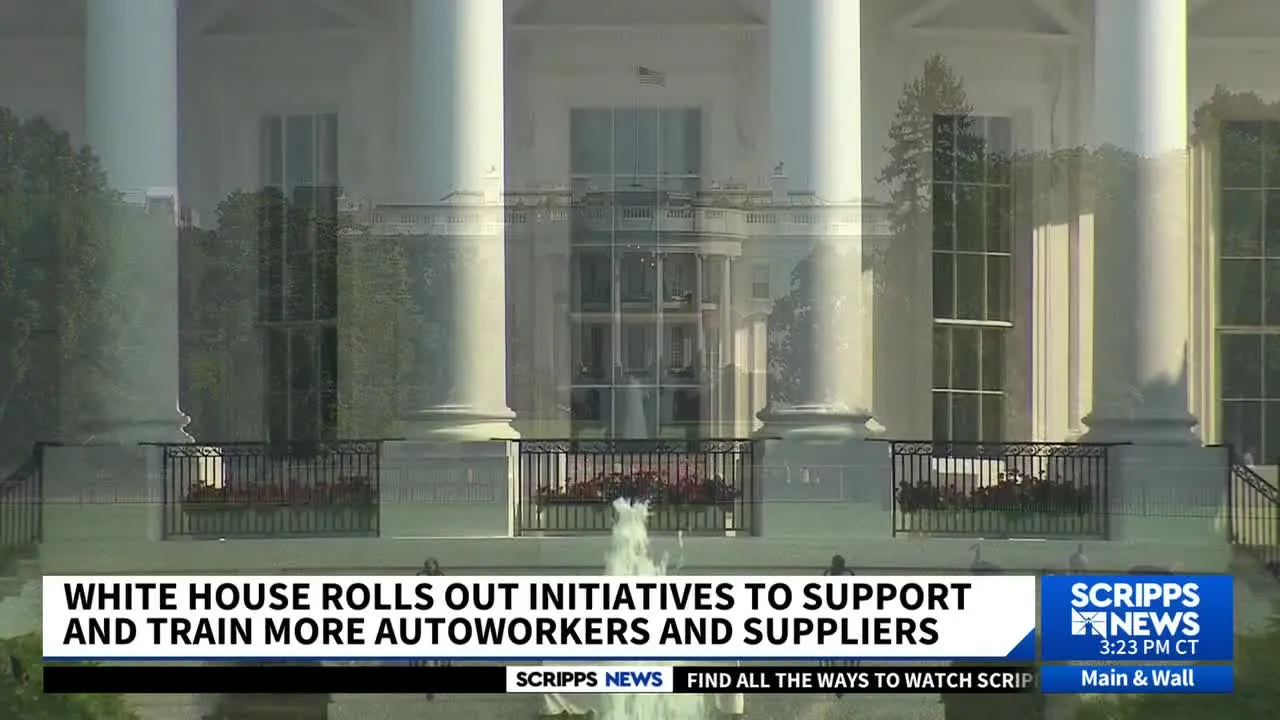Biden Administration's Proposed Ban on Smart Vehicles with Foreign Tech

Biden Administration's Proposed Ban on Smart Vehicles
The Biden administration's proposal to ban smart vehicles equipped with Chinese or Russian technology has drawn attention due to serious national security implications. According to the U.S. Department of Commerce, certain connected vehicles, which can communicate and share data, may expose Americans’ personal information to risks, including surveillance and sabotage.
Concerns Over Connected Vehicle Technology
- The U.S. Government's Stance: The White House stated, "Certain hardware and software in connected vehicles enable the capture of information about geographic areas or critical infrastructure.
- Potential Risks: These technologies could allow malicious actors to disrupt both infrastructure operations and the vehicles themselves.
- Proposed Rules: The government has initiated a proposal to prohibit the import and sale of specific connected vehicle systems linked to entities from China and Russia.
Implementation Timeline and Feedback Process
Although the advantages of these vehicles are recognized, the government remains cautious about the threats they could pose. The planned ban on software would come into effect for the 2027 model year, while restrictions on hardware are scheduled for the 2030 model year or January 1, 2029, for units without assigned model years. The Commerce Department is actively soliciting feedback from stakeholders during a 30-day public comment period.
This article was prepared using information from open sources in accordance with the principles of Ethical Policy. The editorial team is not responsible for absolute accuracy, as it relies on data from the sources referenced.